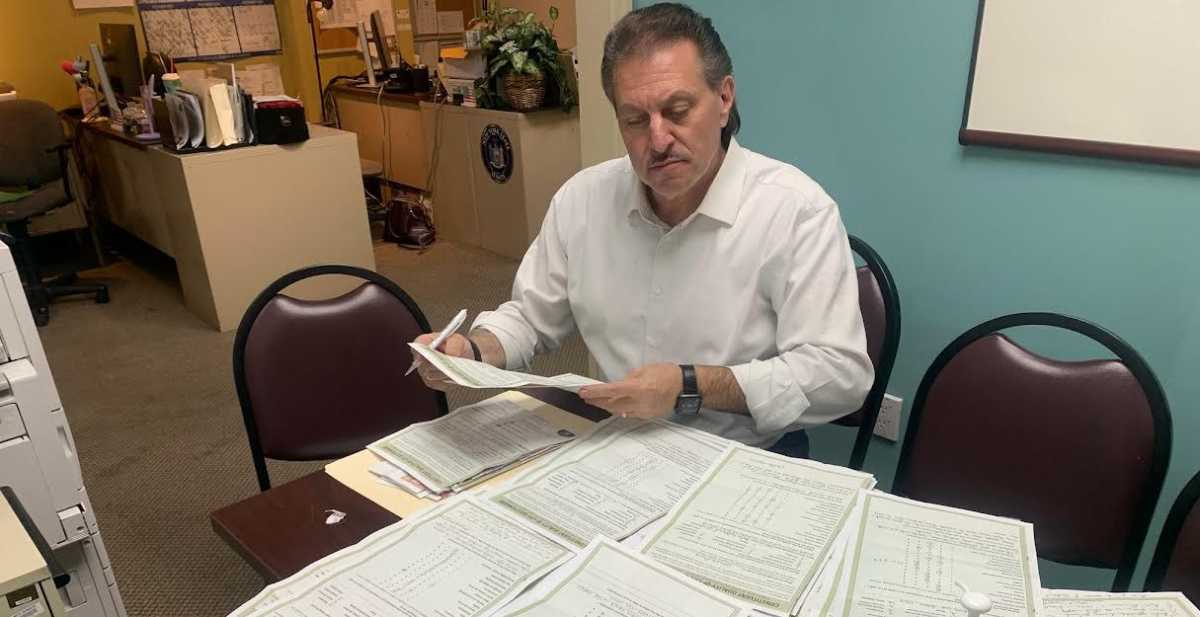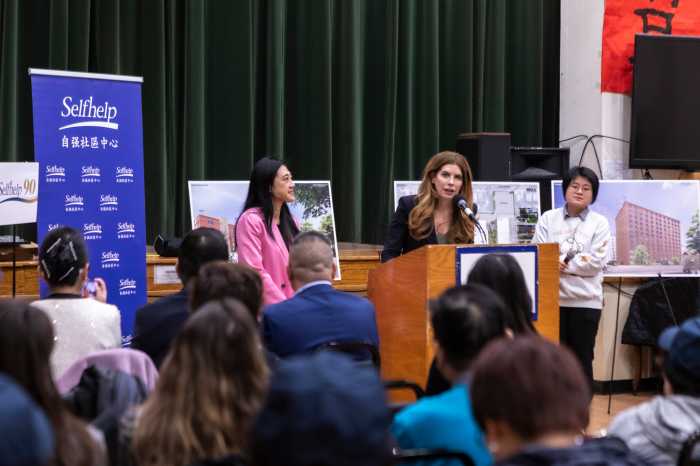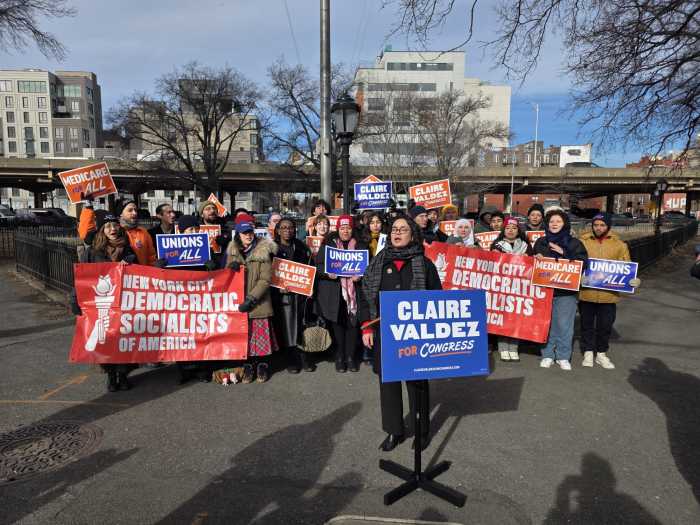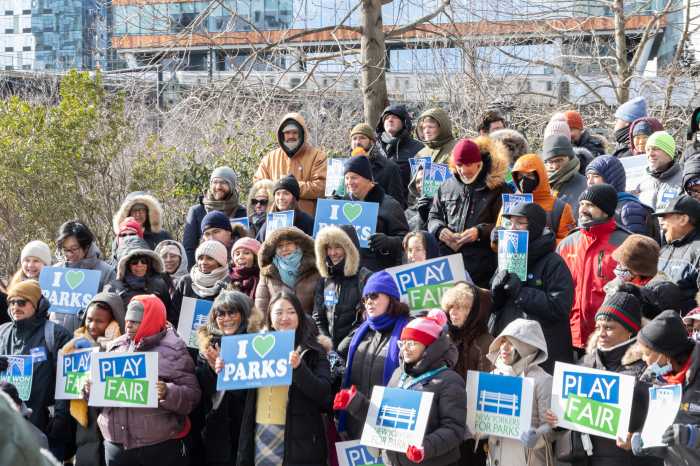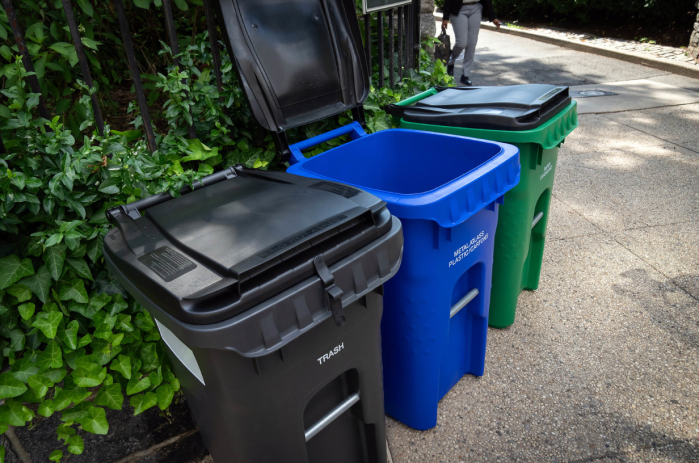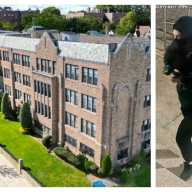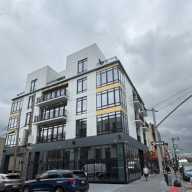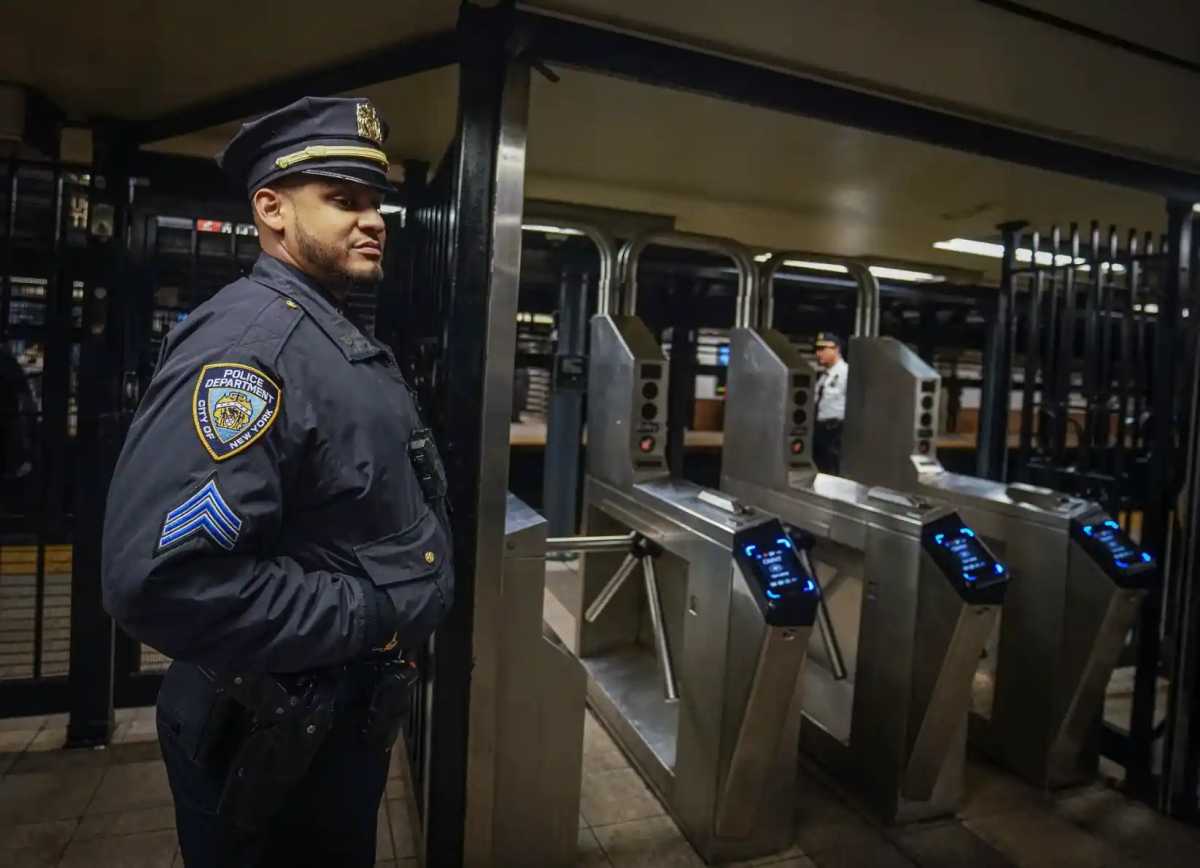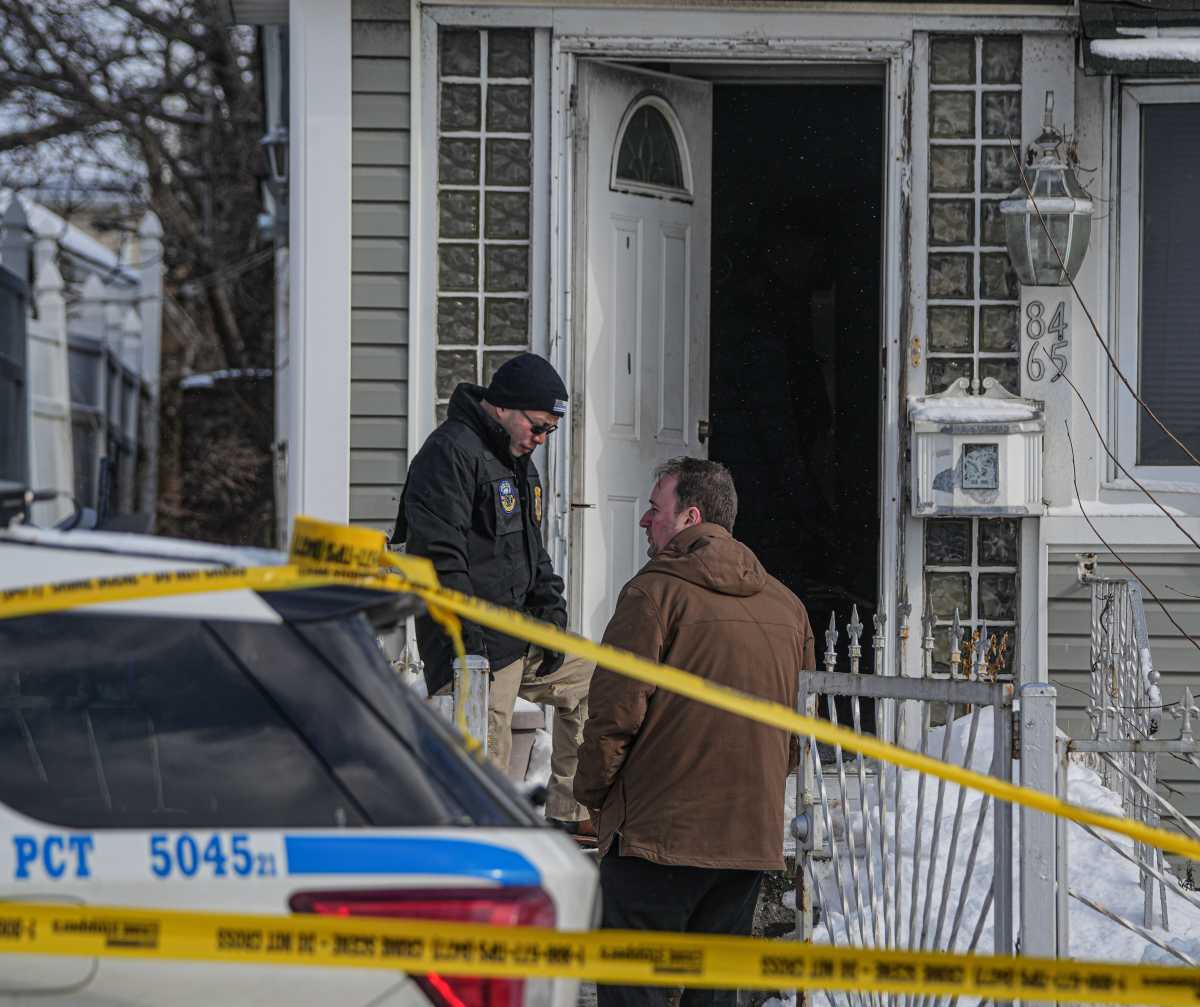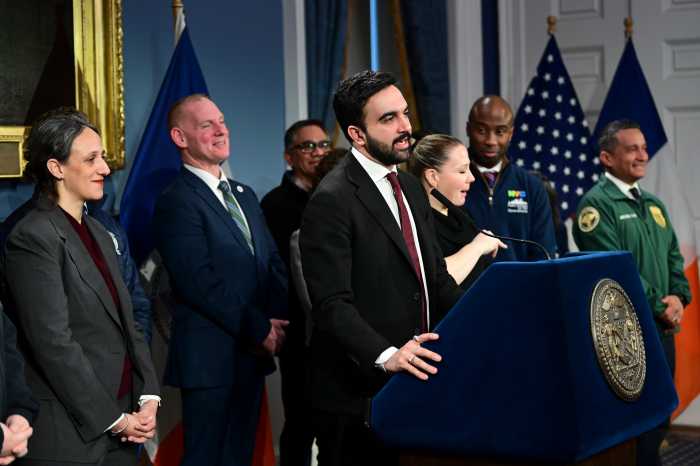As New York enters 2025, a slate of new laws impacting minimum wage, paid leave, civil rights, and environmental protections have taken effect, shaping the lives of residents in Queens and across the state.
On Jan. 1, the minimum wage in New York City rose by 50 cents to $16.50 per hour, while the rest of the state saw an increase to $15.50. Another 50-cent raise is planned for 2026, with future increases tied to inflation.
State lawmakers have also expanded support for pregnant workers. As of Jan. 1, additional paid leave for prenatal appointments is now included in New York’s paid sick leave program. In a related measure, legislation sponsored by Sen. Joseph Addabbo Jr. (S.1965-A/A.3865-A) mandates that commercial health insurers cover prescribed prenatal vitamins.
“This legislation is an important measure that ensures prenatal vitamins are covered by commercial health insurers, providing crucial support for expectant mothers,” Addabbo said. “Together, we can create a healthier future for our children and support the well-being of mothers across our state.”
Addabbo, who represents District 15 in central and southern Queens, including the neighborhoods of Ozone Park, Woodhaven, Glendale, Maspeth, Middle Village, Rego Park, Forest Hills, Kew Gardens, Richmond Hill, Lindenwood, South Ozone Park, and South Richmond Hill thanked Governor Kathy Hochul for signing the bill and noted its significance in advancing maternal health care.
“I’m appreciative of Governor Hochul’s support in signing this bill, which will keep New York as a leader in maternal health care, making significant strides to improve access and affordability for all families,” said Addabbo. “Together, we can create a healthier future for our children and support the well-being of mothers across our state.”
New civil rights protections also took effect on Jan. 1. Following voter approval in November, the Equal Rights Amendment is now part of the state constitution, broadening anti-discrimination protections to include race, age, disability, sexual orientation, and gender identity. Previously, the Constitution only safeguarded against discrimination based on race, color, creed, and religion.
Environmental measures are also in the spotlight. Local Law 97, which became effective Jan. 1, sets stringent greenhouse gas emission limits for large buildings, aiming for significant reductions by 2025. Additionally, New York City has launched its congestion pricing initiative, imposing a $9 toll on most vehicles entering parts of Manhattan, excluding the FDR Drive and West Side Highway. This program aims to reduce traffic and promote public transit use.
In labor reforms, the Retail Worker Safety Act will take effect on March 4, requiring retail employers to implement workplace violence prevention plans. Passed in September, the act seeks to enhance job safety for retail workers. Another labor-related development is the forthcoming expiration of the COVID-19 quarantine leave law on July 31. Despite this, employers remain obligated to provide paid sick leave for COVID-19 quarantine or isolation orders.
Housing reforms include the FARE Act, which prohibits landlords from charging broker fees to prospective tenants. This law, enacted on Dec. 14, will ease financial burdens for renters once it takes effect in mid-2025.
Starting in February, a law passed in September will legalize jaywalking across New York State, allowing pedestrians to cross streets outside designated crosswalks.
“These newly enacted laws demonstrate a variety of changes, many of which, but not all, aim to create a more equitable and sustainable city,” Addabbo said. “As your senator, I remain committed to advocating for policies that uplift our communities and protect the rights of all New Yorkers.”
The legislative updates underscore the state’s continued focus on equity, public health, and sustainability, setting the stage for a transformative year ahead.

